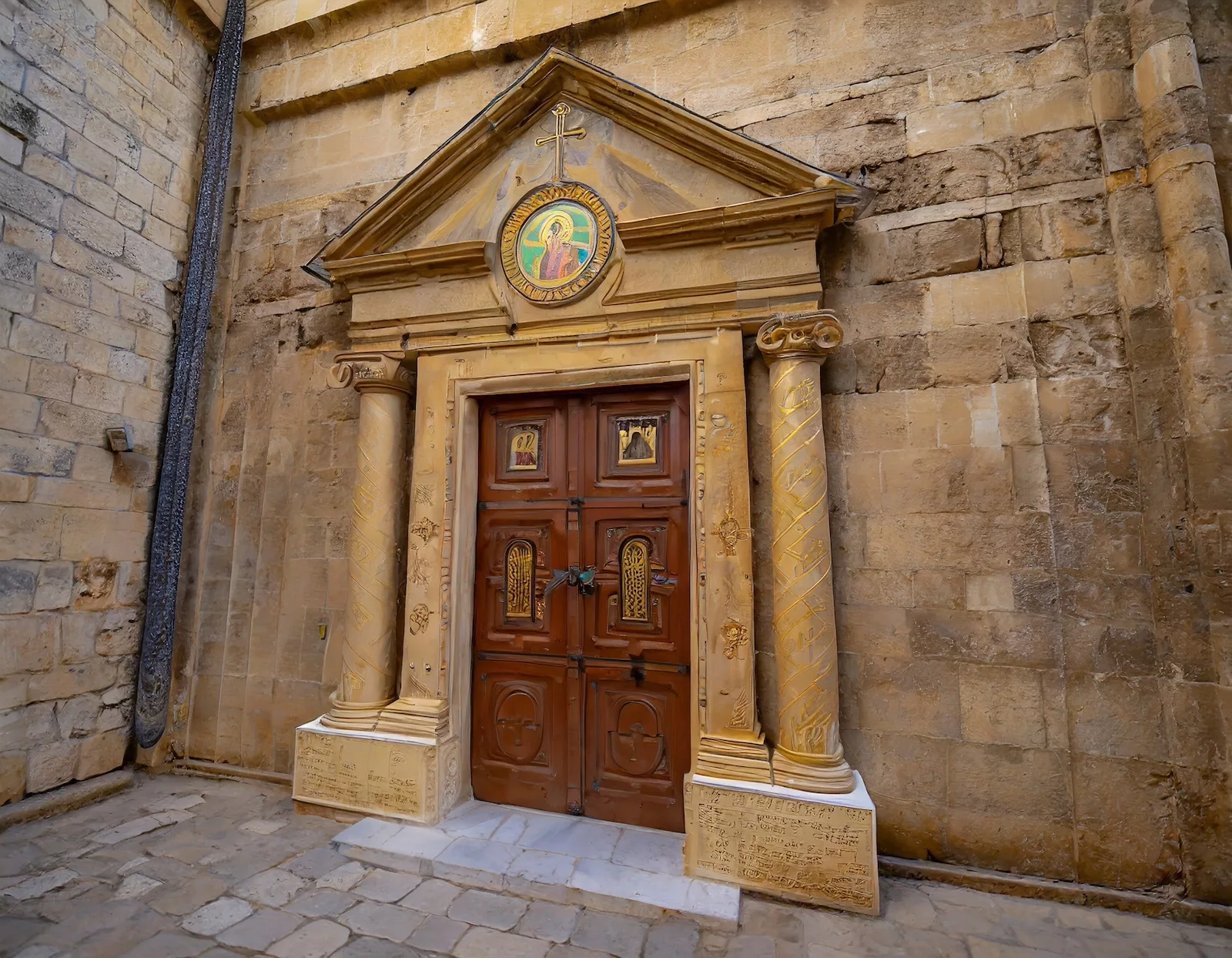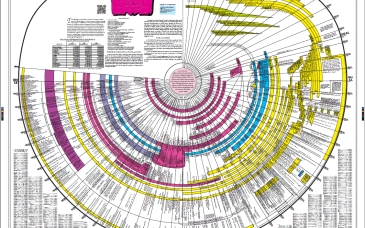Bridging the Gap: Understanding the Significance of the Intertestamental Period
In the vast expanse of biblical history, there exists a pivotal but often overlooked era known as the Intertestamental Period. Also referred to as the deuterocanonical period in Catholic and Eastern Orthodox traditions, this span of roughly four centuries serves as a crucial bridge between the Old and New Testaments. Despite its relative obscurity, the Intertestamental Period holds profound significance, shaping religious, cultural, and political landscapes in the ancient Near East.
Historical Context: The Interplay of Empires and Cultures
The Intertestamental Period unfolds against the backdrop of geopolitical upheaval and cultural exchange. Following the conquests of Alexander the Great, the Hellenistic influence permeated the Near East, bringing Greek language, customs, and ideas to the region. This period witnessed the rise and fall of successive empires, including the Seleucids, the Ptolemies, and ultimately, the dominance of the Roman Empire.
Religious Developments: Sectarianism, Syncretism, and Spiritual Renewal
Amidst the political turmoil, the Intertestamental Period saw profound developments within Judaism. Sectarian groups such as the Pharisees, Sadducees, and Essenes emerged, each espousing distinct theological and interpretative traditions. The Hellenistic environment also fostered syncretism, blending Jewish beliefs with Greco-Roman practices. Despite these challenges, the period also witnessed spiritual renewal, with movements like the Maccabean Revolt and the rise of apocalyptic literature reflecting a fervent longing for divine intervention and deliverance.
Literary Productions: The Apocrypha and Pseudepigrapha
One of the defining features of the Intertestamental Period is the emergence of a body of literature known as the Apocrypha (in Protestant terminology) or deuterocanonical books (in Catholic and Eastern Orthodox traditions). These writings, which include books such as Tobit, Judith, and 1 and 2 Maccabees, provide valuable insights into the religious, social, and political dynamics of the time. Additionally, the period also witnessed the composition of pseudepigraphal works, attributed to biblical figures and reflecting diverse theological perspectives.
Cultural Exchange: Jewish Diaspora and Greco-Roman Influence
The Intertestamental Period was marked by significant cultural exchange between Jewish communities and the wider Greco-Roman world. The Jewish diaspora spread throughout the Mediterranean, fostering vibrant communities in cities such as Alexandria, Antioch, and Rome. This interaction gave rise to a diverse array of cultural expressions, including literature, philosophy, and art, while also presenting challenges to traditional Jewish identity and practice.
Legacy and Relevance: Insights for Today
Although often overshadowed by the grand narratives of the Old and New Testaments, the Intertestamental Period offers valuable insights into the complexities of faith, identity, and resilience in times of upheaval. By exploring the historical, religious, and cultural dimensions of this era, we gain a deeper understanding of the forces that shaped the world in which Jesus and the early Christian community lived and ministered.
In conclusion, the Intertestamental Period serves as a vital link in the chain of biblical history, illuminating the interplay of empires, religions, and cultures in the ancient Near East. By engaging with this period, we enrich our understanding of the biblical narrative and gain valuable perspectives on the enduring quest for meaning, faith, and justice in our own time.

